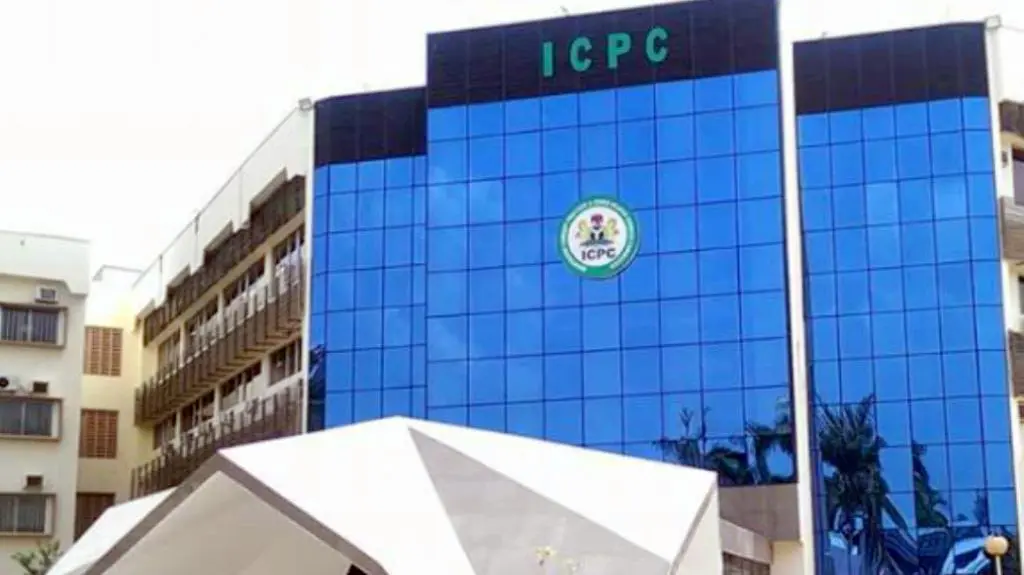As of now, the global death toll from cancer has exceeded 778,625 in the first 35 days of 2024, according to Worldometer, an organization that provides live world statistics on various facets of life. The website’s data, which is updated constantly, indicates that at least 13,691 people have succumbed to cancer around the world today.
Worldometer sources its cancer mortality statistics from the World Health Organization (WHO), revealing that in 2005, 7.6 million out of 58 million global deaths were attributed to cancer. It operates independently, with no affiliations to political, governmental, or corporate entities.
Cancer encompasses a broad spectrum of diseases wherein abnormal cells proliferate uncontrollably, infiltrating adjacent tissues and potentially spreading to other organs. According to the WHO, cancer stands as the second leading cause of death worldwide, responsible for an estimated 9.6 million deaths in 2018, constituting one in six global deaths.
In men, lung, prostate, colorectal, stomach, and liver cancers are predominant, while women are most commonly affected by breast, colorectal, lung, cervical, and thyroid cancers. Projections from the WHO’s International Agency for Research on Cancer indicate a 77% surge in new cancer cases by 2050, with nearly 35 million anticipated cases.
In 2022, the WHO African Region reported around 882,882 new cancer cases, with approximately 573,653 fatalities. Dr. Matshidiso Moeti, WHO Regional Director for Africa, warns that without prompt intervention, annual cancer deaths in the region may escalate to one million by 2030.
On February 4th each year, World Cancer Day draws attention to cancer-related concerns. The theme for 2022-2024, “Close the cancer gap,” urges global leaders to prioritize cancer prevention and healthcare investments. The emphasis is on fostering a just and cancer-free world through enhanced attention and resources.
Dr. Moeti stresses the need for leaders to facilitate low-cost access to advanced cancer prevention and care technologies. Additionally, she highlights the significance of robust information systems for informed decision-making and underscores the active role of civil society, particularly cancer survivor organizations, in the fight against cancer across Africa.
This united effort aims to compel those in power to strengthen their commitment to achieving a cancer-free Africa, making the 2024 World Cancer Day theme, “Together, we challenge those in power,” a rallying cry for change.


